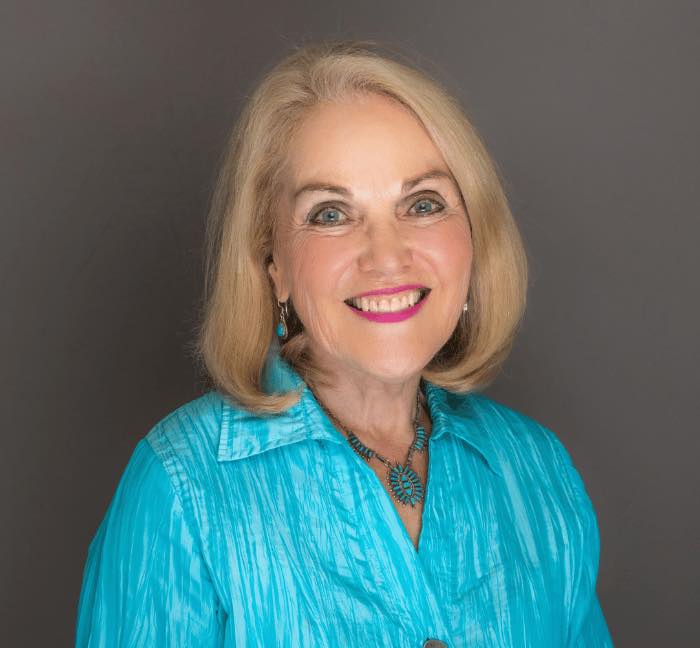Ageism In Healthcare-The Problem Aging Parents Face
We hear of ageism in the workplace. Older workers are laid off and when they seek new jobs, they are discriminated against in favor of younger, cheaper, less experienced workers.
We hear of ageism in the media where elders are depicted as frail, impaired, dependent and in need of oh, so many medications. We do not see a lot if images of vital, healthy elders in print, film, or social media.
But we don’t hear about the real issue of ageism from health care providers in medical care. It does exist, though it is hidden. You would only learn about it from an older person who may be frustrated by the dismissive attitude or stereotyping they receive due to age. Here are some real-life examples from AgingParents.com, where our nurse-lawyer, psychologist team offers advice to families of elders.
Jennie is 85 and has been feeling very low lately. Her daughter urges her to see a doctor to find out if anything is wrong. She sees the doctor, and her general medical condition, insofar as her physical health is concerned, is stable. Nothing new there. Jennie mentions feeling listless and sad and not having any appetite. The doctor says, “you’re just getting old”. The doctor fails to screen Jennie for Depression, even when she tells the doctor about three clear symptoms of depression: feeling a loss of energy and loss of appetite. Instead of taking her words seriously, and recognizing the obvious symptoms that could be depression, the doctor is stereotyping Jennie. Loss of energy, sadness and loss of appetite are dismissed. As if that was “normal’ for an Aging person when it would not be considered normal for a younger person. Depression is often overlooked an untreated in elders.
Another common sign of ageism in healthcare is the way providers talk to older patients. They may refer to them as “sweetie”, “honey” or other terms that they would never use with a 25-year-old. Some elders don’t like to be called “honey”. Many older people like being called by their full names or even titles. “Mrs. Jones” sounds better to them than “sweetie” from a stranger who is doing a treatment with them. Likewise, some healthcare workers speak in a sort of loud baby talk with aging adults, as if they lacked intelligence or that every one of them is so hard of hearing the worker has to almost shout. The elders may not be in the habit of protesting this treatment but it is ageist nonetheless.
A source of this ageism in healthcare is our society’s stereotyping of older adults, which carries over into the treatment of elders. Society gives aging a bad connotation, as if it is a bad thing, rather than a normal part of our life cycle. Doctors are not specifically trained about the distinct needs of elders. We have relatively few physicians who specialize in the care of older adults, as geriatricians.
What can we do about it?
1.If we are family of an older adult, we can accompany them to doctor visits so that they are truly heard. We may need to advocate for them. In the above example, Jennie’s daughter’s presence in the office visit could have allowed for advocacy. The daughter could have insisted that her mom was not “just getting old”, that the loss of appetite , sadness and listlessness were new symptoms and that she wanted more information about what could be causing them. If the doctor, upon hearing that, took a closer look and screened Jennie for depression, the doctor might have ultimately prescribed an anti-depressant and talk Therapy to relieve Jennie’s feeling so bad.
- If we have an aging loved one in the healthcare system, we can notice how they are being treated by providers. If someone refers to a loved one by a term of endearment when they don’t even know the patient, family can correct them.
“My Mom’s name is Jennie, not dearie. Could you kindly call her by her name?”
Unfortunately, elders’ complaints may be dismissed by healthcare providers who do not take them seriously. Things go untreated or without necessary diagnostic work to get to the bottom of complaints. Family advocacy or advocacy by others who care can help. We who care about aging loved ones can ensure that they do not suffer unnecessarily because their issues are not fully explored and treated.
Carolyn Rosenblatt, RN, Attorney, AgingParents.com
Are you intimidated by the healthcare providers for your loved one? For tips on advocacy in the healthcare system, and how to approach these frustrating issues, get help at AgingParents.com. Call today for an appointment at 866 962-4464.
The post Ageism In Healthcare-The Problem Aging Parents Face appeared first on Aging Parents.























